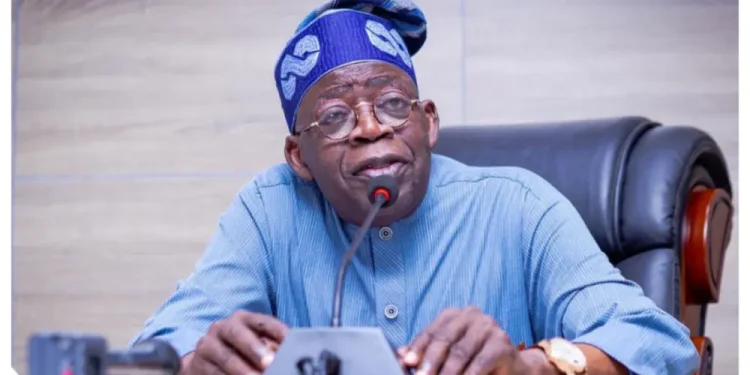An Abuja Chief Magistrate Court has ordered the remand of a social media influencer, Ghali Isma’il, at the Keffi Correctional Centre following his arrest by operatives of the Department of State Services (DSS). Isma’il was taken into custody after he shared videos on TikTok alleging that President Bola Ahmed Tinubu had died due to a severe illness.
According to the prosecution, Isma’il posted the videos via his verified TikTok account, @bola_asiwaju, claiming—without evidence—that the President was critically ill after being poisoned through his food, citing supposed “official sources.”
The first of two charges against him, titled “Publication of False News with Intent to Cause Public Disturbance,” stated that on July 20, 2025, Isma’il intentionally uploaded the misleading video to incite public alarm and unrest. The charge is punishable under Section 418 of the Penal Code Act, Cap P3, Laws of the Federation of Nigeria, 2004.
The second charge, “Inciting Disaffection Against the Government,” alleged that Isma’il’s actions were aimed at discrediting the President and fostering public contempt. This offense falls under Section 416 of the same Penal Code.
During the court session, after listening to both prosecution and defense arguments, Magistrate Ekpeyong Iyang denied the defendant’s bail request and ordered his remand. The case has been adjourned to August 19 for further proceedings.
This development follows a recent apology issued by U.S.-based journalism professor Farooq Kperogi, who admitted to publishing an inaccurate report suggesting that the late President Muhammadu Buhari and his wife Aisha had separated before his death.
In a separate but related matter, Finnish authorities are currently prosecuting Biafran agitator Simon Ekpa on terrorism charges over his online activities. Despite the charges, Ekpa maintains that his controversial posts were only intended as content creation. Prosecutors in Finland are pushing for a six-year sentence, citing that his actions may meet the country’s legal definition of terrorism.
Similarly, Nnamdi Kanu, leader of another Biafran separatist group, recently told a federal high court in Abuja that his online broadcasts—blamed for inciting violence were not serious and were meant as jokes.















